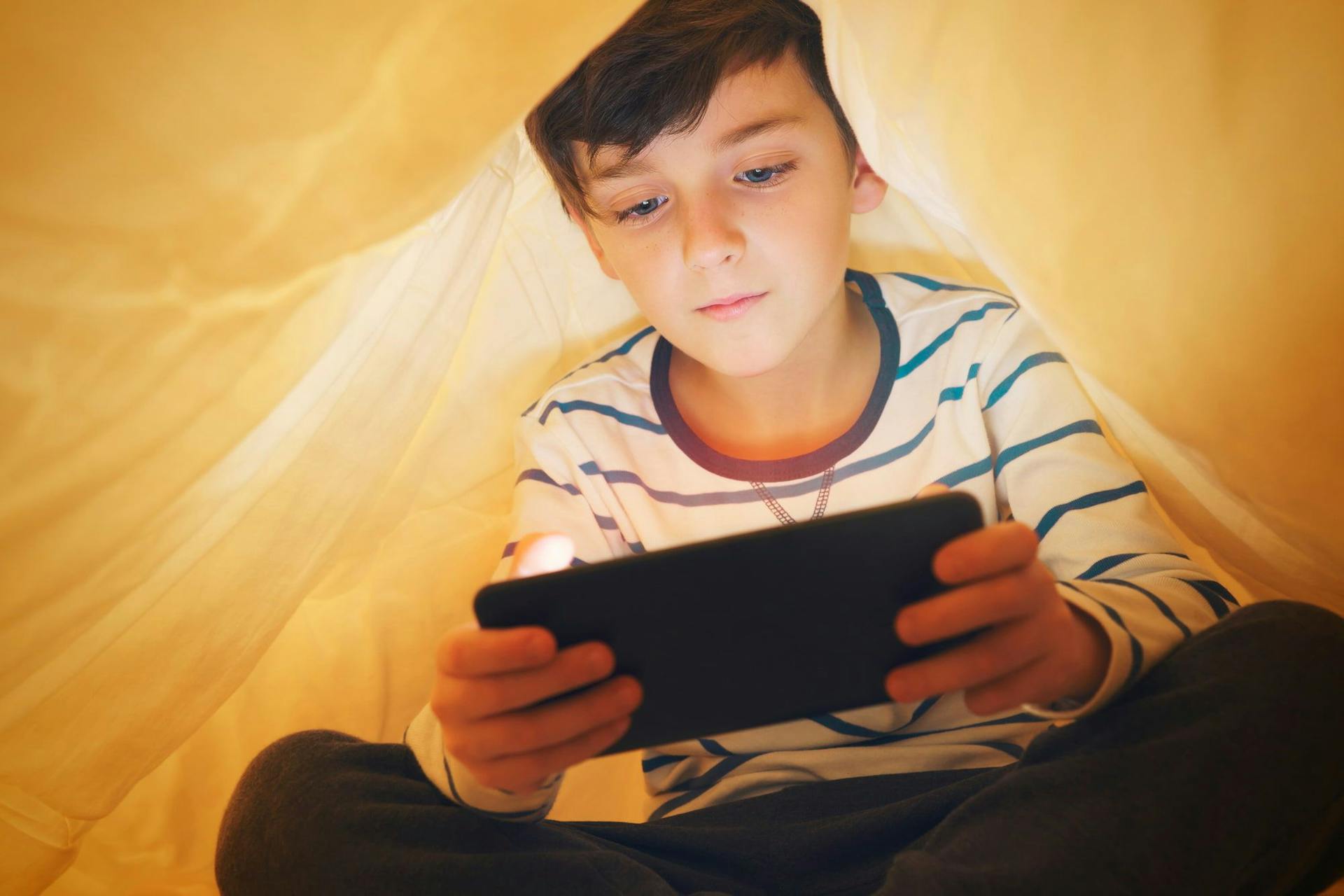Smartphones Linked to Mental Health Problems in Children As Young As Two
updated on Nov 5, 2018

More hours of screen time are associated with lower wellbeing in children aged between two and 17, says report
The effect of screen time and social media on mental health is well-documented but, according to new research, the damage may start in children as young as two.
This comes from a study published in the journal Preventive Medicine Reports, which claims that after just one hour of screen time, children and teenagers may have less curiosity, lower self-control and lower emotional stability. This is linked with an increased risk of developing anxiety and depression.
Young people aged 14 to 17 are thought to be at most risk of adverse effects but researchers noticed significant correlations in younger children and toddlers, too - whose brains are still developing.
The study found that children of nursery school age who used screens frequently were twice as likely to lose their temper. It also claimed that 9% of those aged 11 to 13 who spent an hour a day on screens were not curious about learning new things. This figure rose to 22.6% for those whose screen time was seven hours a day or more.
While previous studies have examined associations between screen time and symptoms of anxiety and depression, few studies have examined associations between screen time and actual diagnoses of anxiety or depression or reports of professional treatment for mental health issues.
The findings are significant and support concerns that a growing proportion of children and adolescents' leisure time is spent with screens including smartphones, tablets, gaming consoles and televisions. It reflects the worries among parents, health professionals, and educators about the effect of screen time on wellbeing.
These concerns have prompted physician organisations in the US, such as the American Academy of Pediatrics (AAP), to recommend that parents limit children's daily screen time, with specific time limits for preschool children and a general suggestion of limiting time on screens for older children and adolescents.
Furthermore, the report itself recommends that measures of screen time include not just television but other digital media including smartphones, tablets, computers and electronic gaming.
This comes just months after the World Health Organization decided to include gaming disorder in the 11th revision of the International Classification of Diseases.
If you’re worried about your child’s wellbeing, support is available. Counselling can help a wide range of child-related issues, including anxiety and depression.
To find out more, visit Counselling Directory.

